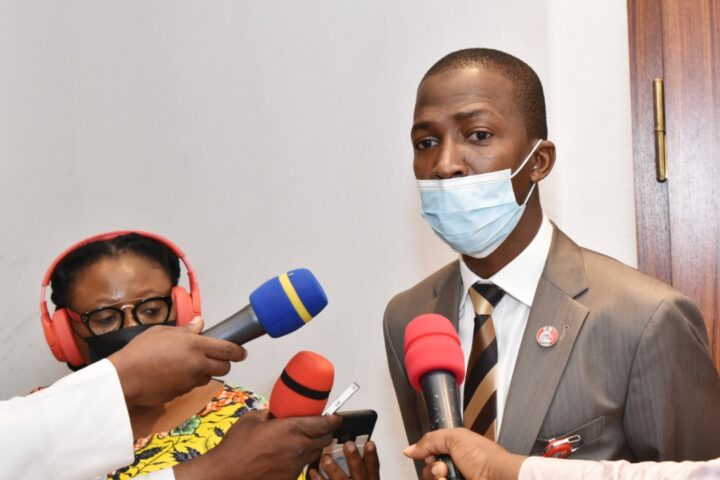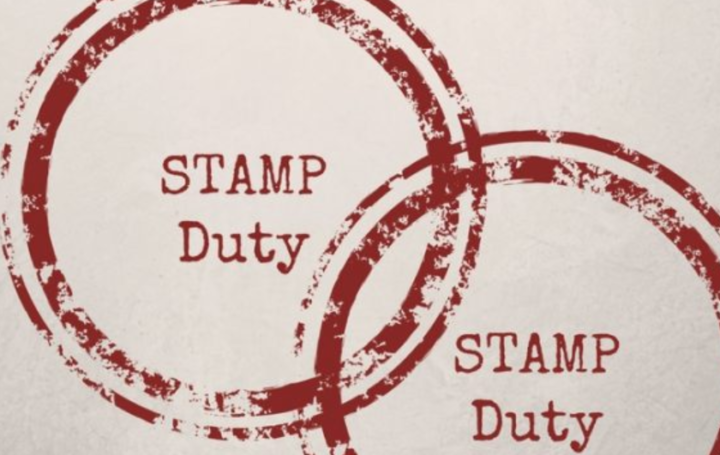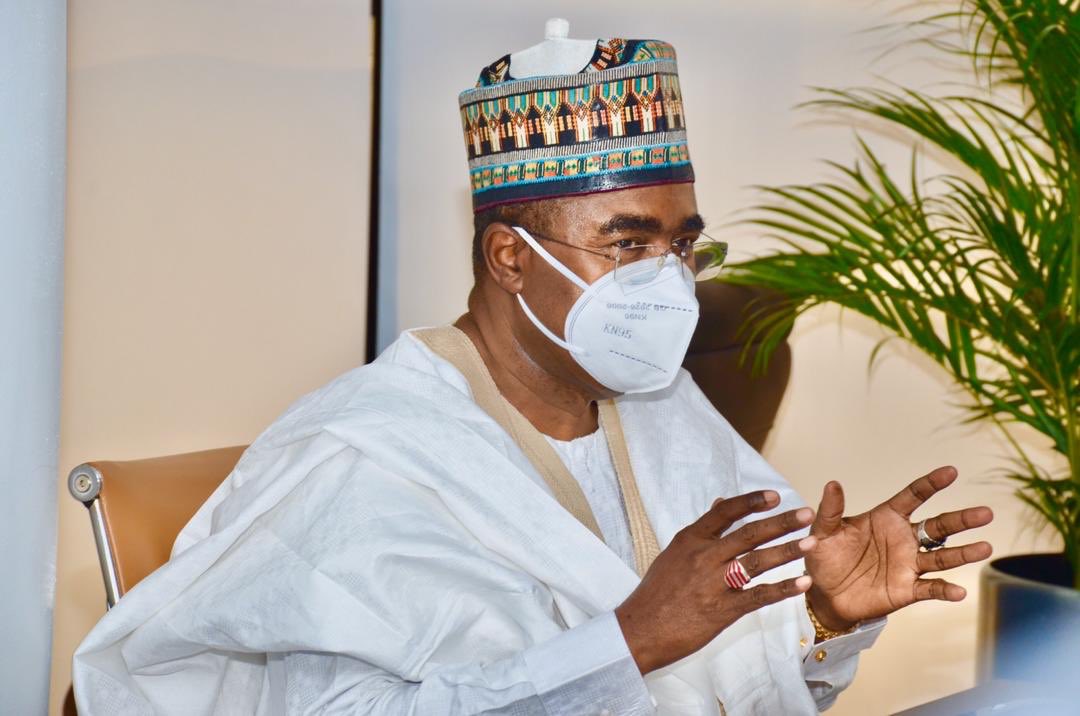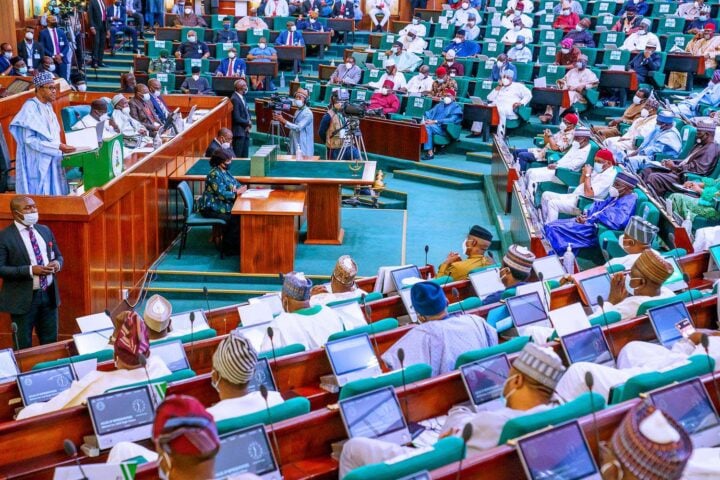The World Trade Organisation (WTO) says it will support Nigeria in developing its health sector for the growth of the economy.
Ngozi Okonjo-Iweala, director-general of the WTO, gave the assurance on Tuesday during a meeting with the presidential task force (PTF) on COVID-19.
She noted that an economy cannot be advanced until the health sector is taken care of, especially in a world battling a pandemic.
“The main reason we are here is really to see how the WTO can support Nigeria, in improving its economy. And part of doing that is the health. We are in a pandemic and of course, you cannot advance the economy until you take care of the health aspects,” she said.
Advertisement
“And so what the secretary to the government office is doing along with the presidential task force is laudable, and we wanted to just discuss with them, one, what is happening, the arrival of the COVID vaccines, how that is being distributed, the challenges, opportunities on the way of that and that the WTO can do.
“So we are here to see what we can do to support Nigeria. I have to personally say, I was chair of GAVI, the vaccine alliance for five years, one of those who designed the COVAX facility, and have been very proud of the ability to make available to poorer countries and to emerging markets like Nigeria, access to vaccines at affordable prices. So we will continue to push that.”
Okonjo-Iweala said the world trade body will also work to reduce export restrictions regarding medical supplies, equipments and COVID-19 vaccines among member states.
Advertisement
“Interestingly, trade is very instrumental in access to medical supplies and equipment, because how do they get from one place to the other? It is through trade,” the WTO DG said.
“And part of the challenges we’ve had in this pandemic is the fact that some of our member countries put export restrictions on the movement of medical supplies, equipment, and even supplies to make vaccines.
“And you remember at the beginning of the pandemic, there are many countries, you know that blocked export. So we’ve managed to get that reduced. There were 91 countries at the beginning, that had restrictions and prohibitions on export of medical supplies and equipment. We are now down to 59.
“So we’ve reduced considerably but still too many my view. And so that’s one of the things we’re trying to get right.”
Advertisement
Add a comment






